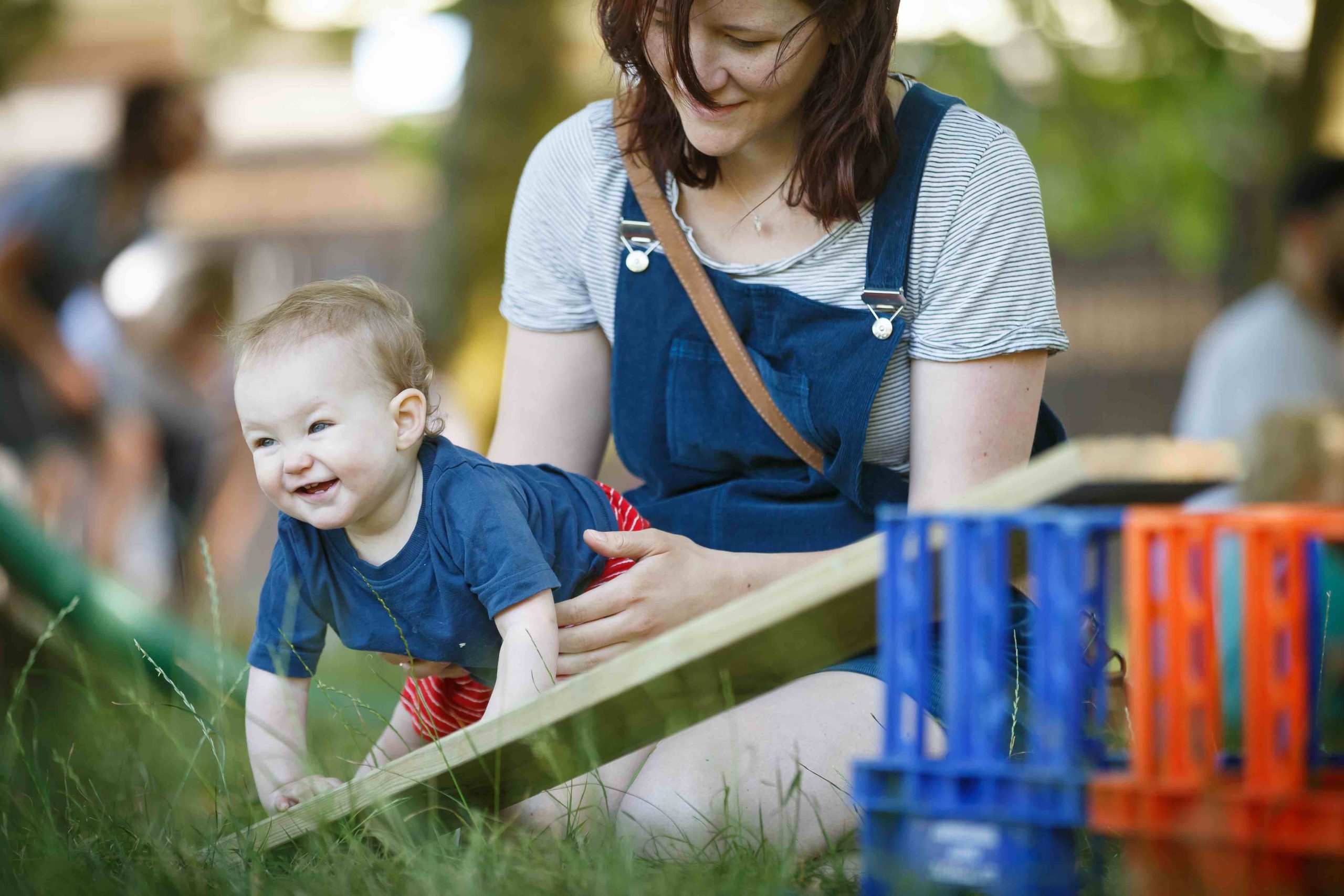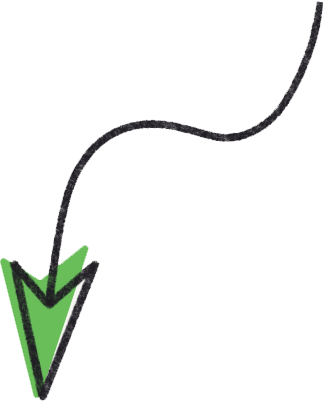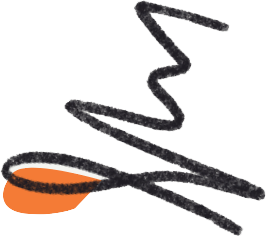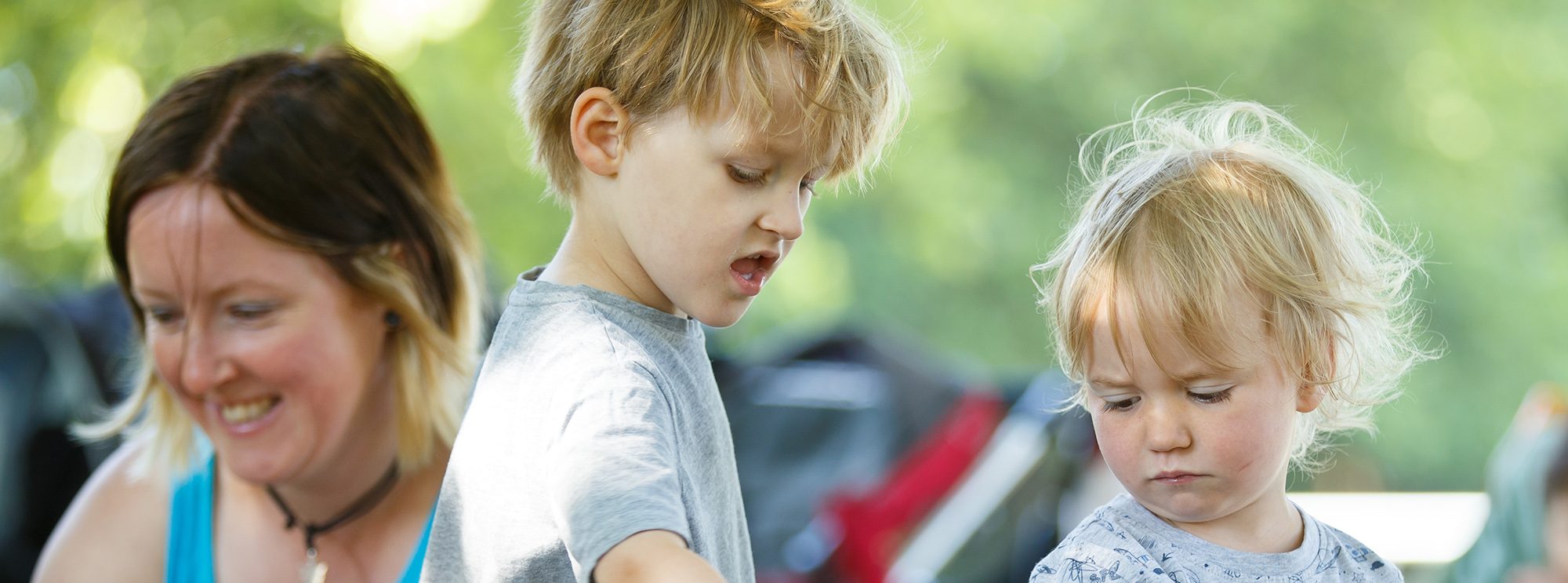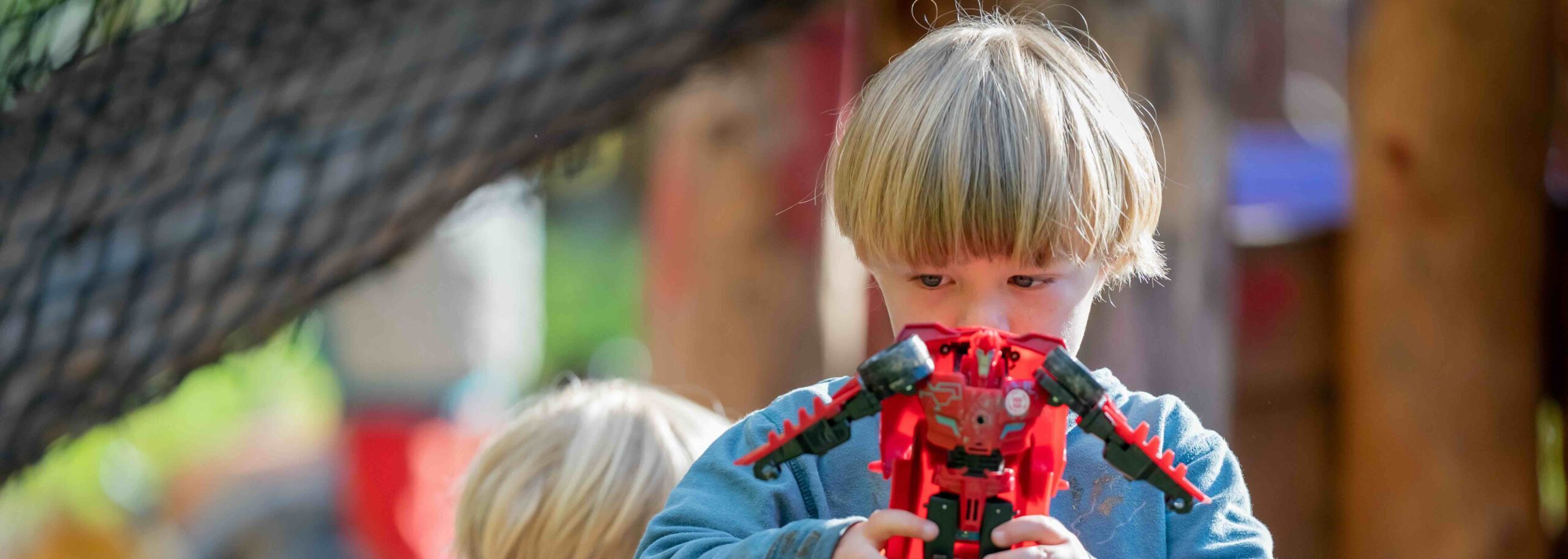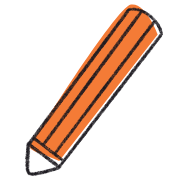All about play
Screen time for babies and toddlers
It’s ideal to start thinking about screen time – and how you want to use screens in your family – while your child is still very young.
It’s particularly important to consider your own screen use, as children quickly pick up habits from their parents.
Screen time includes time watching TV or using devices like tablets, smart phones, computers or gaming devices. It includes screen use at home and when you go out.
Babies
Although babies can be just as fascinated by screens as anyone else, there are lots of other things that are better for their development at this stage – and they don’t cost anything! They include:
- Human touch – being held, cuddled, tickled and stroked
- Communication – eye contact, smiles, baby talk (cooing and simple nonsense sounds), rhymes and lullabies
- Looking – gazing around, focusing their eyes on different shapes, faces and distances
- Touching things – with their hands, feet, mouths and bodies.
Some experts recommend children under two avoiding screens as much as possible.
Here are a few other things your baby might enjoy looking at, listening to or touching:
- you
- mobiles (hanging toys, not phones!)
- light and shadows
- the sky
- trees
- fingers and toes
- soft books
- rattles
- scrunchy toys
- things like wooden spoons, ribbons or keys on a ring that you can find around your home
- music
- birds singing.
Note: You should be cautious about small items that that babies and toddlers can put in their mouths as they may pose a risk of choking.
Toddlers and pre-schoolers
Screens can be fun and a place to learn. They can be good at keeping children quiet and busy for long periods. But there are lots of different things your child needs to do so they develop healthily, so screens should only be a small part of their day.
To help your child develop healthily, they should:
- play indoors and outside
- be active – running, walking, crawling and jumping
- have enjoyable time with the people who care for them
- sleep.
Going out – and not using screens
Every outing is an opportunity for your child to play and learn about the world. They can do this more easily if they don’t have a screen in their hand.
Here are two examples:
1. When you push your baby or toddler in their pram
- They can look around.
- You can chat to them.
- You can practise naming things – like cat or bus.
- They can make eye contact and exchange smiles with people – for example on a bus.
- They can have a nap.
2. When you go to the supermarket with your baby or toddler
- You can name things as you you pick them up.
- You can give your child simple instructions such as ‘Can you choose a nice orange?’
- You can make simple choices together such as ‘Shall we have bananas or apples today?’
- They can make eye contact with other people.
People tend to respond to babies and toddlers by cooing, smiling and making funny faces – even when children are a bit grumpy! If adults don’t respond positively to your child, remember that your child has as much right to be out in the world as they do.
See our Ideas for play – things to do page for more play suggestions.





